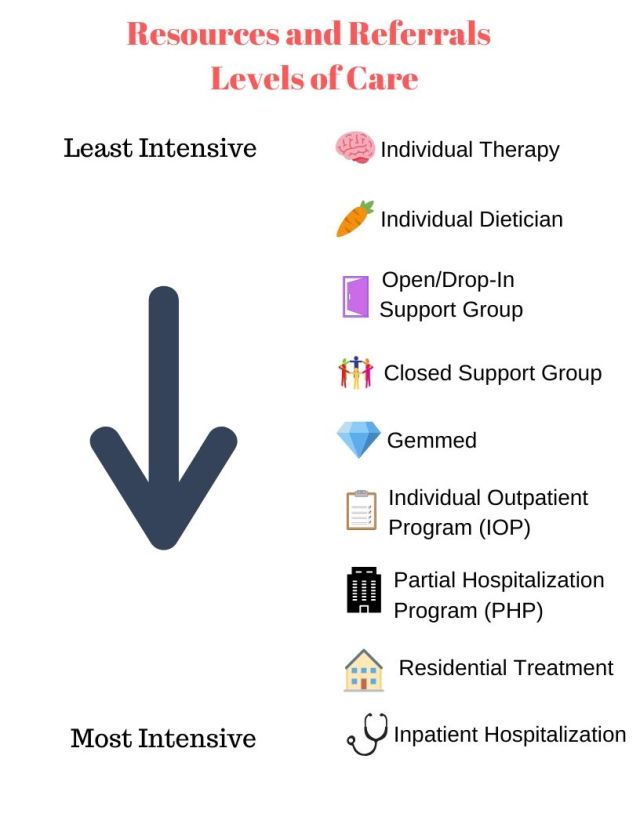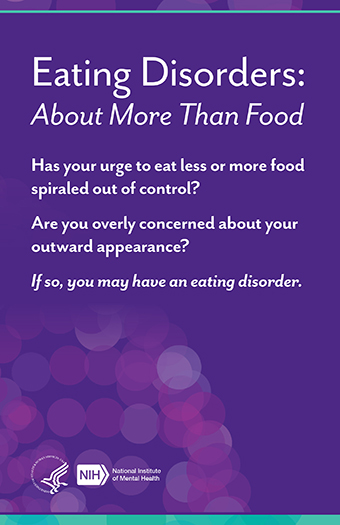
Anorexia is a medical condition that causes excessive overeating in order to lose weight. Anorexia is a mental illness with a genetic component.
Anorexia is a medical condition that causes severe weight loss due to binge eating disorder, excessive physical activity, and excessive sleep. It is estimated that about 2% of adult women and 0.2% of adult men will suffer from anorexia at some point in their lives, depending on the severity of the condition.
There are many physical and emotional factors that can lead to anorexia. This is often due to traumatic events, family history, stress, depression, or an inability to maintain a healthy weight. People with depression and anxiety disorders are also at risk for anorexia.
There is no cure for anorexia and no known cause. However, people with anorexia can live very happy, healthy and normal lives. People with anorexia problems can learn to cope and live life to the fullest. There are many treatment options for people with anorexia.
The most popular form of treatment is diet. A person can use a diet to treat anorexic problems if he or she follows the right plan. A person with anorexia problems may benefit from a meal plan that does not require strict and rigid eating habits. A person with anorexia may also benefit from a weight loss plan. This plan may allow a person to eat foods that anorexic people like and that help fight their mental illness.
Eating disorders can also negatively affect a person's self-esteem. People with eating disorders often feel not good enough and insecure. This can be very life-threatening.
Many anorexics also suffer from a psychological aspect. Due to the fact that they suffer from nutritional problems, the person tends to withdraw from social interactions, as well as from others, and feels unhappy, even depressed.

It is important for a person with an eating disorder to try to heal from the disorder.
It may be helpful to speak to a professional who can help you with self-talk, or to consult a counselor to determine the best course of action for the person with anorexia.
The first treatment option for anorexics is called inpatient treatment. This option allows a person with anorexia to receive medical care in a hospital setting. Anorexia can be treated in a hospital setting, but it cannot be cured by simply going to the hospital. For this reason, people with anorexia should only go to the hospital when needed. and with the permission of the doctor.
Another treatment option is outpatient treatment. This option allows the patient to continue to follow a healthy diet as well as to be consulted regularly. in which the patient can learn more about their nutritional and weight problems.
Another option is group therapy sessions. Group therapy sessions allow patients to talk in groups, listen to group sessions, and discuss the problems they face with each other. and get the help they need.
Some types of traditional medicine may be recommended. Doctors may recommend some natural supplements, such as herbs that can help with anxiety and depression, or vitamins, minerals, or amino acids that can be used to treat anxiety and depression.
While there is no cure for anorexia, there are steps you can take to improve a person's mental state and help him or her better deal with stress and the pressure that comes with anorexia. With proper care, anorexics can learn to lead healthier lifestyles and learn to deal with the pressure that comes with anorexia.